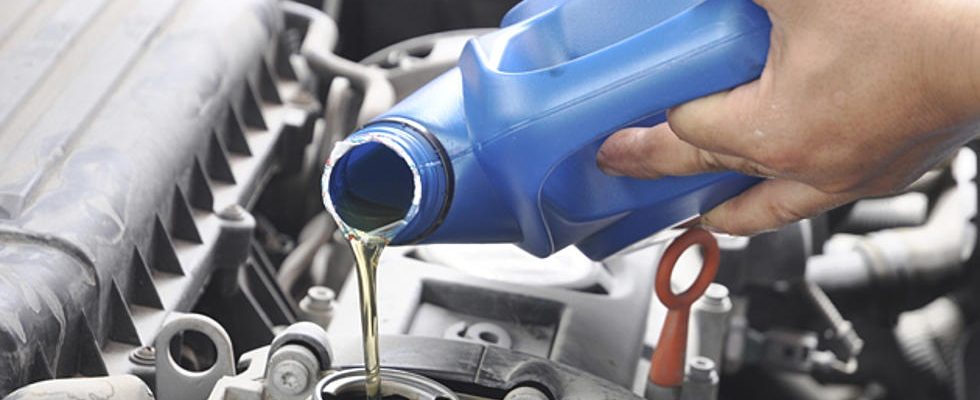Maintaining a vehicle can be both simple and difficult. Maintenance is simple when you know exactly when to change the fluids and do not have any fluids leaking from your car. Maintenance can be difficult when you have various fluid leaks and do not know when you need to change your vehicle’s fluids. However, this does not have to be a difficult task, and there are a variety of methods that you can use in order to make sure that you are changing your vehicle’s fluids in a timely manner.
The Fluids
Before you think about changing any of your fluids, you should learn which fluids commonly need to be changed.
Motor Oil
An engine’s oil travels through the whole engine and is responsible for keeping the engine cool and lubricated. Oil protects parts from unnecessary wear by creating a liquid barrier and decreasing the friction between parts that are in contact with one another.
Coolant
Coolant is solely responsible for keeping an engine cool. Coolant travels through the engine and collects the engine’s heat as it passes through. When the coolant reaches the radiator, cool air, that is gathered as your car drives, cools the coolant back down. This cycle repeats as long as your engine is running.

Power Steering Fluid
Power steering fluid allows your vehicle’s power steering system to create pressure within the pump. This pressure results in the system being able to aid you in steering your vehicle. Many older cars do not have power steering systems, so this fluid will not be needed in some vehicles.
Transmission Fluid
Much like engine oil, transmission fluid keeps a transmission well lubricated and cool; allowing for the transmission to operate smoothly. Transmission fluid can be found in both manual and automatic vehicles.
Brake Fluid
Brake fluid gives your vehicle its braking power. Much like power steering fluid for a power steering pump, brake fluid uses pressure in order to allow your brake pads to make contact with your brake rotors.
Manufacturer Recommendation
Your vehicle’s manufacturer has a set of recommendations that are listed in the owner’s manual. Manufacturers always recommend that an owner change their oil before around a certain mileage, but each manufacturer recommends different mileages for different models.
Liquid Level
You should always check your vehicle for leaks. However, the absence of fluid leaks does not mean that your fluids are not being lost in another way. The best thing that you can do for your vehicle is to check your liquid levels. For each fluid, there should be some sort of reservoir or pump with level markings. Make sure that your fluid lies in between the markings at all times.
Fluid Quality
As your vehicle uses its fluids, they will begin to pick up dirt and debris from a variety of things. You should check the color of your fluids to know whether or not it is time for them to be changed. Fluids that are darker in color, than when they are new, typically are approaching the point to which they will need to be changed; oil is an example of this. When oil is new, it is a light-brown shade. As oil ages and passes through the engine, it darkens in color from the debris. Oil that is black should be changed immediately.
The best way to know if your vehicle’s fluids need to be changed is to be observant and follow the manufacturer recommendations for your vehicle. This will not only allow you to be certain that your vehicle will run properly, but that it will also be running as efficiently as possible.


